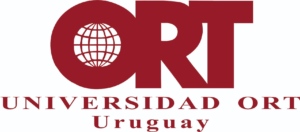Democracy Under Siege: The Region’s Reaction to Bukele
This post is also available in: Spanish
In March 2022, El Salvador’s National Assembly adopted a state of emergency aimed at reducing gang-related violence while suspending constitutional rights and guarantees. It has been extended several times and remains in force. Since then, according to several statistics, extortion and homicide rates have seen a significant decrease. Human rights organizations have documented widespread abuses committed by the security forces during the state of emergency. All of this takes place in a context where a series of measures adopted by the government have undermined the rule of law in the country, including attacks on judicial independence, harassment of the independent press, and attempts to modify electoral rules leading up to the 2024 presidential elections.
The Inter-American Dialogue, together with CESCOS (Center for the Study of Contemporary Open Societies) and ORT University in Uruguay are organizing this in-person event to discuss what is really happening in El Salvador. In a roundtable discussion, participants will answer the following questions, among others: Why does President Nayib Bukele remain highly popular despite allegations of widespread abuses? What is the impact of these policies on the region and the rule of law? How can abusive security policies be countered? What are the projected electoral outcomes in El Salvador? What role should the international community play?
To RSVP for in-person participation (in Montevideo) only, please email telias_d@ort.edu.uy.
SPEAKERS
NICOLÁS SALDÍAS
Analyst, Economist Intelligence Unit (@NicSaldias)
TAMARA TARACIUK BRONER
Director, Peter D. Bell Rule of Law Program, Inter-American Dialogue (@TamaraTaraciuk)





















